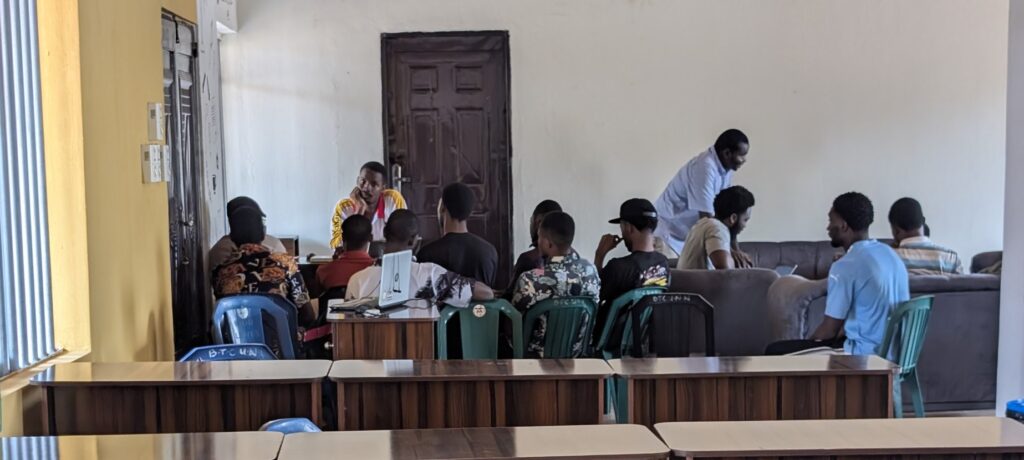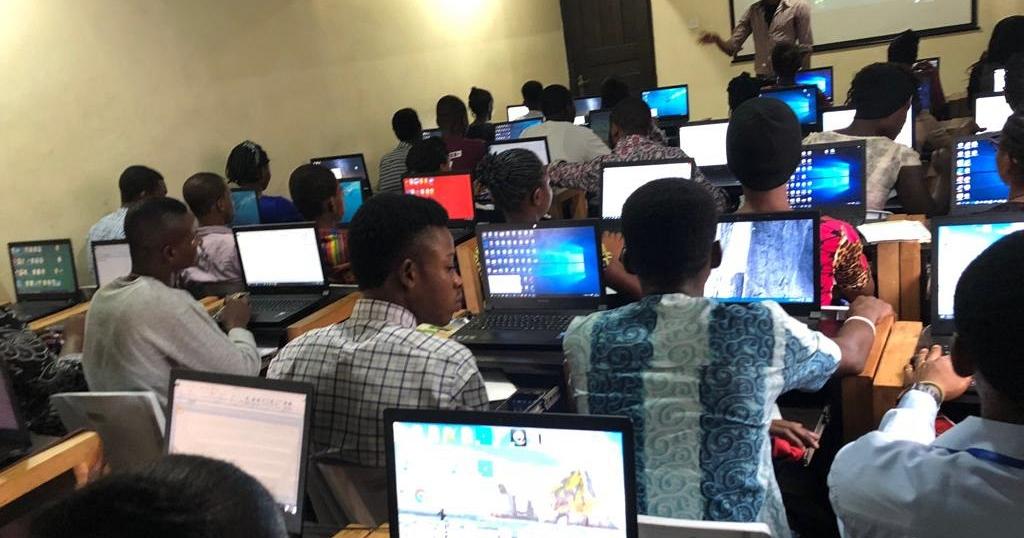By 2030, the blockchain industry is expected to generate $1,235.71 billion, after growing at a CAGR of 28.1% during 2024-2030, making it one of the fastest-growing sectors globally. In response, universities across Africa are emerging as key incubators for Web3 talent, driven by student-led tech clubs.
Blockchain technology is revolutionizing industries worldwide, and universities are rapidly becoming incubators for the next generation of Web3 talent. Across Africa, student-led blockchain clubs are emerging as critical hubs for learning, collaboration, and career development. These clubs are instrumental in onboarding students into the blockchain ecosystem by offering structured learning paths, industry mentorship, and hands-on development opportunities.
However, traditional university curricula often lag behind the fast-paced blockchain industry. As a result, students seeking to build careers in Web3 face limited formal education options. Without access to structured blockchain courses, many students struggle to gain the practical skills needed to thrive in decentralized finance (DeFi), NFTs, and smart contract development. This is where student-led blockchain clubs step in—bridging the gap between academia and industry by providing hands-on training, industry exposure, and networking opportunities.
Bridging the Gap Between Academia and Industry
At the core of these clubs’ impact is their ability to translate theoretical knowledge into real-world applications. Through educational workshops, hackathons, and research initiatives, students gain practical experience that prepares them for careers in decentralized finance (DeFi), NFTs, smart contract development, and more.
The presence of these clubs within universities provides an essential bridge between formal education and the rapidly evolving blockchain space, ensuring that students are equipped with the skills needed to thrive in a decentralized economy.

For example, in 2024, Borderless Dev Hub, through its University Tech Clubs across several tertiary institutions, engaged over 8,000 young individuals across various universities in Africa in smart contract development, with many securing jobs in top Web3 firms. Similarly, student-led projects from the University of Nigeria, Nsukka (UNN) tech club have been recognized for setting up infrastructures for Web3 sensitization.
Industry Partnerships and Funding Support
One of the key factors driving the success of blockchain clubs is the growing support from industry stakeholders. Leading blockchain firms like Gitcoin, Octant, and Lisk have partnered with African student clubs, offering mentorship, funding, and other opportunities.
Additionally, initiatives like Borderless Dev Hub’s “Web3 for Universities” grant round provide critical financial support to sustain and expand these clubs’ activities. With access to grants and sponsorships, clubs can enhance their educational offerings, host larger-scale events, and support students in launching innovative blockchain-based projects.
Fostering a culture of innovation and collaboration through university blockchain clubs positions African students as key contributors to the global blockchain movement. The rise of these clubs signifies a shift in how young developers engage with technology, proving that universities are a fertile ground for blockchain innovation.
To accelerate the impact of blockchain education, universities should actively support blockchain clubs by integrating Web3-focused courses and providing necessary support. Meanwhile, students interested in blockchain should join or start clubs to gain hands-on experience, connect with industry experts, and explore career opportunities in the fast-growing decentralized economy.
Feature image credit

